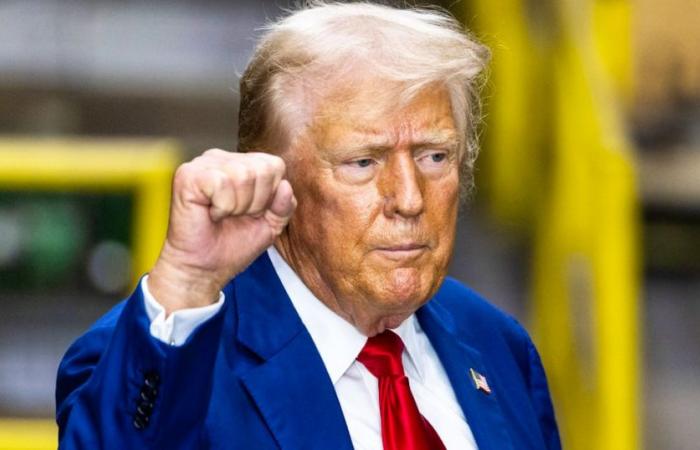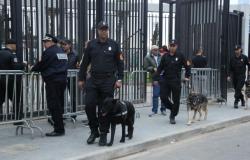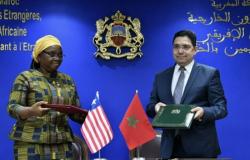He will not be present in person, but we will only talk about him. The policies of Donald Trump, who takes office as president on Monday, will flood the WEF next week. The EU’s posture will be particularly scrutinized. The situation in the Middle East, where a truce is expected from Sunday, will also be at the heart of the discussions.
ats
The president of the World Economic Forum (WEF), Borge Brende, announced it as the attraction of the week: Donald Trump will speak by videoconference at the Davos forum on Thursday. Other headliners from the Trump administration are expected in the second part of the week.
Mr. Brende said it himself, many people want to understand the policies of the American president, who has just been inaugurated when the WEF begins. In addition to very heavy customs tariffs, the republican’s annexation ambitions risk being on the table.
Businesses will be particularly attentive. A report from the forum also shows that the world’s chief economists are concerned about its long-term impact.
Few European behemoths
The posture of the rest of the world towards Trump, and in particular Europe, will be observed. Experts fear that this will remain on the same line as during the American’s previous mandate. “If the major European nations remain wait-and-see, there will be cause for concern for the months to come from a commercial point of view,” estimates Roberto de Primis, political scientist specializing in the United States and founder of the EURintelligence firm.
However, apart from the President of the European Commission Ursula von der Leyen who will open the ball on Tuesday, there are few European headliners at the WEF this year. Apart from German Chancellor Olaf Scholz, almost no heads of state or government of major European countries go to Davos. Emmanuel Macron, who made the trip last year, is not coming. Neither do British Prime Minister Keir Starmer and Italian head of government Giorgia Meloni.
Historical times in the Middle East
The Trump event could be relegated to the background, behind the situation in the Middle East, on the verge of a historic turning point. The United States and Qatar announced this week a truce planned for Sunday.
-A final end to the war must be negotiated in the coming weeks, provided that Israel approves the agreement. Its president, Isaac Herzog and Palestinian Prime Minister Mohammed Mustafa will be in Davos. So did the prime ministers of Qatar and Egypt, who worked to bring about the truce.
Syria, whose president, Bashar al-Assad, was recently ousted, will be represented by the foreign minister of the very young transitional government, Asaad Hassan Al Shibani.
Zelensky not on the Swiss program
On the Swiss side, the Federal Council will be in full force, with the exception of Energy Minister Albert Rösti. No less than 40 bilateral meetings are on the program.
Relations with the EU will be taken care of a few weeks after the finalization of bilateral agreements. The President of the Confederation, Karin Keller-Sutter, will launch the forum on Tuesday, before giving the floor to Mrs von der Leyen and Chinese Deputy Prime Minister Ding Xuexiang.
No official meeting with Ukrainian President Volodymyr Zelensky, one of the headliners of the meeting, has yet been announced. The Minister of the Economy, Guy Parmelin, will meet with his Deputy Prime Minister Yulia Svyrydenko to sign a memorandum of understanding on Swiss participation in the reconstruction of Ukraine. The Vaudois must also sign free trade agreements under the aegis of EFTA with Thailand and Kosovo.
The resigning Minister of Defense, Viola Amherd, will meet the new Secretary General of NATO Mark Rutte, during her last WEF as federal councilor. Valaisanne is known for having, during her mandate, initiated a rapprochement with the transatlantic alliance. The agenda of the Minister of Foreign Affairs, Ignazio Cassis, is still empty.





